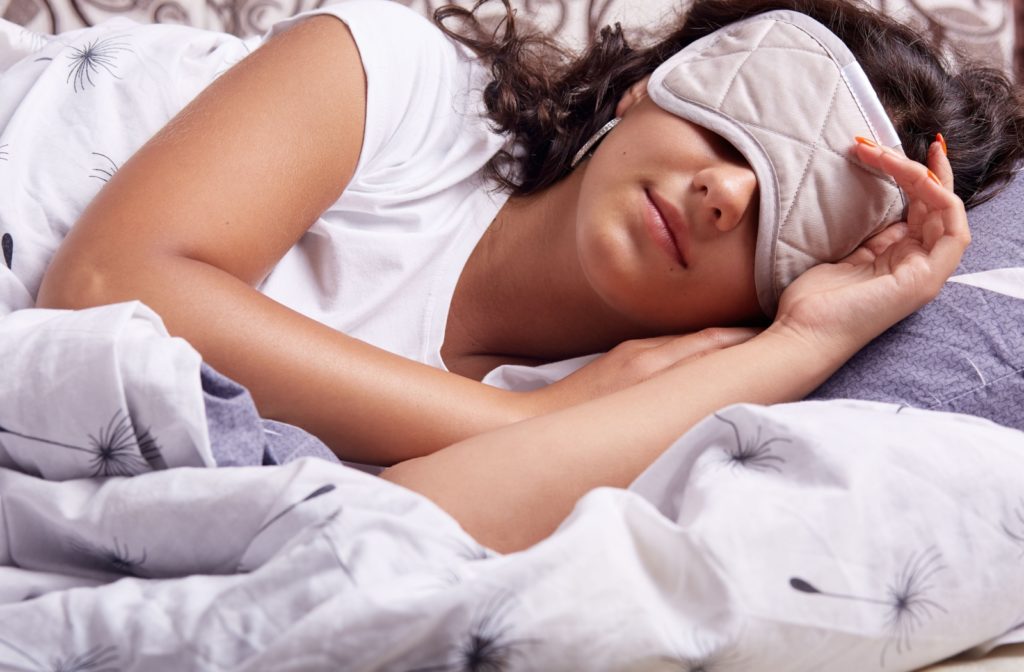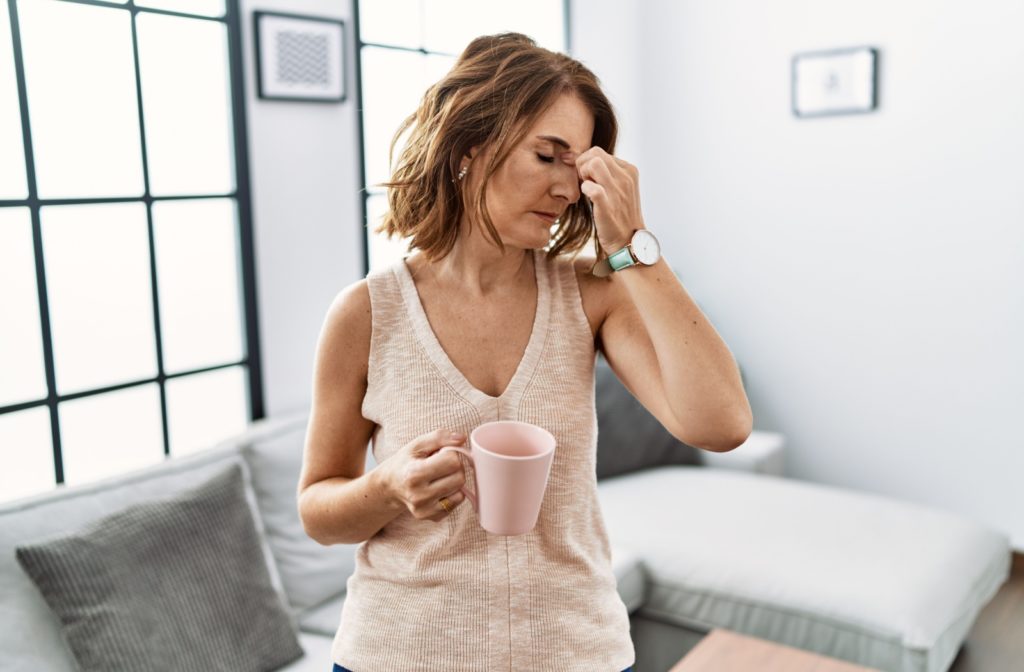Ever find yourself rubbing your eyes at the end of the day, wondering why they feel so fatigued? Tired eyes are more than just an inconvenience—they can impact how you feel, how you look, and how productive you are. Whether it’s from staring at a screen, skipping sleep, or another culprit, understanding what’s behind eye fatigue is the first step toward relief.
Here, we’ll explore the common causes of tired eyes, the solutions available, and simple lifestyle adjustments that can refresh and rejuvenate your vision. Plus, we’ll guide you on when it’s time to consult an eye care professional.
Common Causes of Tired Eyes
Tired eyes can result from a combination of daily habits and physical conditions. Here are some of the most common reasons your eyes might feel fatigued—and what’s really happening.
Allergies
If your eyes feel itchy, swollen, or red, allergies could be the cause. Seasonal triggers like pollen or environmental irritants such as dust can cause inflammation and make your eyes feel heavy and tired. Keeping surfaces clean and avoiding known allergens can help, but for some, managing eye allergies requires medical treatment.
Dehydration
Did you know that staying hydrated doesn’t just help your skin glow? If your body doesn’t have enough water, it struggles to produce adequate tears, leading to dryness and discomfort. Dry eyes not only feel irritated but also look dull, contributing to that tired appearance.
Poor Sleep
One of the most straightforward yet impactful causes of tired eyes is a lack of sleep. Without enough rest, you’re likely to wake up with puffy eyes, dark circles, and irritation—all signs of fatigue. Sleep is essential to proper tear production and overall eye health.
Excessive Screen Time
How many hours a day do you spend in front of a screen? Prolonged exposure to digital devices causes a condition known as digital eye strain, which can lead to discomfort, blurred vision, headaches, and tiredness. The blue light emitted from screens forces your eyes to work harder, leaving them feeling overtaxed.
Unhealthy Lifestyle Habits
A poor diet lacking essential nutrients, smoking, and not exercising regularly can take a toll on your eyes. High-salt or high-sugar diets weaken blood vessels around the eyes, while a lack of physical activity can reduce proper blood flow, leading to puffiness and a dull appearance.
Solutions & Treatments
While some causes of tired eyes can’t be avoided entirely, there are innovative treatments to address the discomfort and bring relief.
Moisturizing Drops
For dryness caused by dehydration or environmental factors, prescription eye drops like cyclosporine (Restasis) or lifitegrast (Xiidra) provide long-term hydration by improving tear production. These drops target the root cause of dry eye syndrome, offering soothing relief and restoring moisture.
Anti-Inflammatory Drops
If your eyes are red, itchy, or inflamed—whether due to allergies or irritation from contact lenses—anti-inflammatory drops can help. These provide targeted relief to reduce redness and swelling so your eyes can feel and look refreshed.
Warm Compresses
A warm compress can help soothe tired eyes and relieve irritation. Simply soak a clean cloth in warm water, wring it out, and place it over your closed eyes for 5-10 minutes. This can help unclog oil glands in your eyelids and promote natural tear production.
Adjust Your Environment
If your eyes feel tired or dry, consider adjusting your environment. Use a humidifier to add moisture to the air, take breaks from screen time, and ensure proper lighting to reduce strain on your eyes.

Lifestyle Adjustments to Relieve Tired Eyes
Small changes in your everyday routine can go a long way toward keeping your eyes healthy and energized.
Prioritize Hydration
Aim to drink at least eight glasses of water a day to keep your body and eyes properly hydrated. Consider adding water-rich foods like cucumbers, watermelon, and oranges to your diet for additional support.
Get Quality Sleep
Give your eyes the rest they deserve by maintaining a consistent sleep schedule. Create a calming bedtime routine and limit screen time before bed to promote better-quality rest.
Eat for Eye Health
Certain foods are powerhouses for your eyes. Incorporate leafy greens, carrots, fish rich in omega-3s, and citrus fruits into your meals. These foods contain vitamins and nutrients essential for maintaining sharp vision and preventing dryness or irritation.
Practice the 20-20-20 Rule
To reduce digital eye strain, try this simple trick while working on a screen. Every 20 minutes, look at something 20 feet away for 20 seconds. This proactive step gives your eyes a much-needed break.
Set Screen Time Limits
Use brightness settings, blue light filters, or anti-glare screens to ease digital eye strain. Also, ensure your workspace is ergonomically friendly. Proper lighting and regular breaks make all the difference.
When to See a Professional
Sometimes, tired eyes signal more than just a need for sleep or better hydration; they may indicate underlying issues that require professional care. If you’re experiencing any of the following symptoms, it’s time to see an optometrist:
- Persistent redness or swelling
- Severe eye dryness
- Blurred vision
- Eye pain or discomfort
At Total Vision – Chino Hills, our team of compassionate eye care specialists is here to help. We’ll help diagnose underlying causes and create a personalized plan to keep your eyes healthy and vibrant.
Say Goodbye to Tired Eyes
From allergies to too much screen time, tired eyes can impact your appearance and overall well-being, but there’s good news—relief is within reach. By understanding the root causes and implementing targeted treatments and healthy habits, your eyes can start feeling rejuvenated in no time.
If your eyes still feel fatigued or uncomfortable, don’t hesitate to seek professional advice. Book an appointment with Total Vision Chino Hills today, and let us take care of your eye health so you can focus on what matters most.





